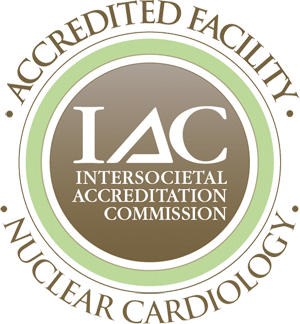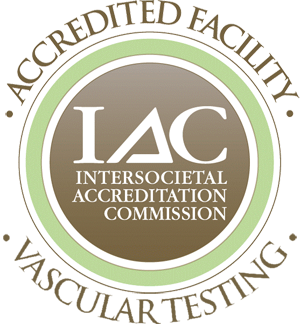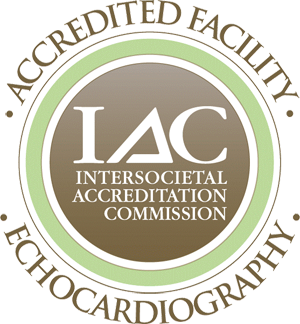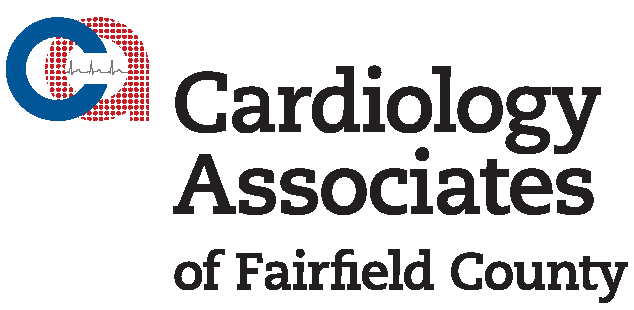Calcium Scoring
Calcium Scoring
A coronary CT calcium scan is a computed tomography (CT) scan of the heart for the assessment of severity of coronary artery disease. Specifically, it looks for calcium deposits in the coronary arteries that can narrow arteries and increase the risk of heart attack. This severity can be presented as a coronary artery calcium (CAC) score, which is an independent marker of risk for cardiac events, cardiac mortality, and all-cause mortality. In addition, it provides additional prognostic information to other cardiovascular risk markers.
Echocardiography
Echocardiography
This is another term for an ultrasound of your heart. Like ultrasounds for other conditions, a cardiac ultrasound is a painless procedure that does not require preparation such as fasting. This ultrasound uses high frequency sound waves to create a real time, moving image of your heart and all its structures and functions. Echocardiography will provide your CAFC provider with information about the size, thickness, and strength of the heart as well as the status of its valves, the pressure within it, and the presence or absence of any abnormal components such as fluid collections or growths. Echocardiography can be used to help determine the cause or significance of a symptom, abnormalities found on other tests such as electrocardiography, for recovery of a weakened heart muscle, and other indications. In some patients, particularly those with valvular heart disease, echocardiography may be performed with some regularity to follow the progression of their condition. Most echocardiograms are performed with the probe placed on the chest.
Electrocardiography
Electrocardiography
An electrocardiogram (ECG/EKG) is a simple test that can give your provider a great deal of information about the size, structure, and function of your heart. It can also determine if you have had a prior heart attack or other cardiovascular issues. ECGs are not painful, require no preparation, are very quickly performed, and results are immediately available to your provider. They are often performed in patients with symptoms concerning for a heart condition or in the setting of an abnormal finding on a physical examination. In patients with a chronic cardiac condition, an ECG is part of your routine office evaluation to determine if there has been any change in your cardiac status. Electrocardiography is available at all CAFC offices.
Holter Monitor
Holter Monitor
Holter monitors are simple devices worn on the chest that digitally record the rhythm of the heart for 24 or 48 hours. Event monitors are longer term devices that are also worn externally and collect similar information. They can be used for up to a month. Our modern devices can be worn in the shower, and you do not need to alter your daily lives when using them. Regardless of duration, the recorded electrical system of your heart will be evaluated by the cardiology team at CAFC to help determine the proper treatment course for your condition.
Implantable Loop Recorder
Implantable Loop Recorder
At times, even longer-term monitoring is required than is possible with a wearable device, such as in cases where a patient had a stroke or experiences repetitive fainting. In these situations, the electrophysiology team at CAFC can insert a tiny monitor just under the surface of the skin on the left chest. The procedure is very safe, requires no preparation, and does not involve a great deal of pain. These monitors wirelessly transmit heart rhythm abnormalities directly to our offices where they are reviewed by the electrophysiology team. Arrhythmia monitoring is conveniently available in all CAFC offices.
Nuclear Cardiac Imaging
Nuclear Cardiac Imaging
Imaging the heart is a critical component to understand your symptoms, your cardiac status, and to determine what treatment plans are appropriate and necessary for you. One form of non-invasive cardiac imaging is nuclear cardiology. This advanced form of heart testing uses low doses of safe and very short acting radioactive tracers to allow your team at CAFC to create an image of your heart. A specialized form of stress testing using nuclear imaging can track the blood flow into your heart either after exercise or after the administration of a medication that simulates exercise. This nuclear scan is considered the ‘gold standard’ in determining the status of the blood flow to your heart. Other applications of nuclear cardiology include very precise evaluations of your heart function (MUGA/ERNA scans) or assessments of abnormalities of the muscle of your heart (amyloidosis). This test offers very reproducible results and is often performed when following heart function during certain chemotherapy regimens. CAFC offers convenient outpatient nuclear cardiac imaging in our Stamford, Norwalk, Bridgeport, and Milford offices. All nuclear scans are interpreted by CAFC’S board-certified nuclear cardiologists.
Stress Testing/Stress Echocardiography
Stress Testing/Stress Echocardiography
Stress testing is one of the most performed tests in any cardiology office. The heart can supply itself with blood at rest even in the setting of severely narrowed heart arteries if that narrowing occurred gradually over time. However, enough blood cannot get to the muscle of the heart through a narrowed artery when the heart works harder, like during exercise. Stress testing can help your provider determine if your symptoms are related to a blocked artery and lack of blood flow to the heart muscle. In certain situations you will exercise on a treadmill and will be monitored with an electrocardiogram. Changes on the electrocardiogram, symptoms, or variations in your blood pressure with exercise could indicate a problem with the blood flow to your heart and may prompt additional testing or other treatments. At times, more information than can be obtained with traditional stress testing may be required. In that situation, stress echocardiography can be performed by obtaining limited ultrasound images of your heart before and after exercise. Those images are compared for any changes in heart muscle contractions to suggest a problem with the flow through the arteries of your heart. At times, stress testing can be performed for reasons not related to the blood flow to your heart. Your provider at CAFC may use stress testing to determine the impact of a valve on the function of your heart, your overall exercise capacity, or how your blood pressure responds to physical activity. All stress tests are supervised by the nursing and physician teams at CAFC and are interpreted by our board-certified cardiologists. Reports are sent to your primary care provider, any other provider you might request, and are available for review on My Chart Plus. Stress testing and stress echocardiography are available at all CAFC offices.
Transesophageal Echocardiogram (TEE)
Transesophageal Echocardiogram (TEE)
For those conditions requiring a more precise evaluation, a specialized ultrasound probe is inserted through the mouth into the esophagus (swallowing tube), and into the stomach since the heart is right in front of the esophagus in the chest. This procedure is very similar to a GI endoscopy and is typically performed by a CAFC cardiologist with sedation for patient comfort and at the hospital to ensure patient safety. A transesophageal echocardiogram does require an overnight fast. Transthoracic echocardiography is conveniently offered at all CAFC offices and transesophageal echocardiography can be performed by one of our cardiologists at any of our affiliated hospitals.



